How to Choose the Best Tablet Press for Small-Scale Manufacturing
As the nutraceutical, supplement, and multivitamin industries continue to expand, more individuals and businesses are entering the space with customized product lines. For small-scale manufacturers, selecting the right equipment is essential—especially when it comes to the tablet press, one of the most critical machines in any tableting operation.
This guide outlines how to evaluate tablet presses for small-scale use, with a focus on practicality, scalability, and quality control. Whether you're conducting R&D, preparing a market launch, or managing regular production runs, understanding the types of tablet presses and their key features can help you make an informed decision.
Assessing Small-Scale Manufacturing Requirements
The first step in selecting a tablet press is defining what small-scale manufacturing means for your operation. For some, it’s limited test batches; for others, it’s consistent production at modest volumes. Typical scenarios include:
- Startups producing small product runs for initial sales or feedback
- Custom formulation labs focusing on niche or specialty blends
- R&D teams experimenting with excipient combinations and active delivery profiles
Choosing a tablet press that aligns with your immediate needs—but also accommodates future growth—can support long-term manufacturing success.
Comparing Tablet Press Types: Manual, Single-Station, and Rotary
Different tablet press types are suited to different production volumes and operational goals. Here's how they compare.
Manual Tablet Presses
Manual tablet presses offer simplicity and portability. They are typically used for experimentation or extremely small batches.
Advantages:
- Low cost and small footprint
- Easy to operate and maintain
- Suitable for prototype development
Limitations:
- Produces one tablet at a time
- Not viable for ongoing production demands
Single-Station Tablet Presses
Single-station presses automate the compression process while maintaining operational simplicity.
Advantages:
- Consistent tablet output
- More control over tablet size and weight
- Accessible entry point for small businesses
Limitations:
- Slower output than rotary systems
- Limited scalability for growing demand
Relevant Product: The TDP-6 Desktop Tablet Press fits this category as well, bridging the gap between R&D and light commercial production with adjustable tooling options and durable construction.
Rotary Tablet Presses
Rotary tablet presses feature multiple tooling stations, enabling high-volume, high-efficiency tablet production.
Advantages:
- High throughput (hundreds to thousands of tablets per hour)
- Consistent tablet quality and dimensional accuracy
- Supports diverse shapes and advanced compression profiles
Limitations:
- Higher initial investment
- Requires more operational knowledge and maintenance
Relevant Products:
- The ZP9B Rotary Tablet Press is an excellent entry point into rotary equipment, offering automated features and multiple tooling stations for efficient small-to-medium-scale production.
- The Dynamic 10SB Rotary Tablet Press supports higher output and precision, ideal for operations anticipating growth or requiring tighter process control.
Key Features to Consider When Choosing a Tablet Press
Understanding machine specifications is essential to match your press to your production goals.
1. Tablet Size and Shape Flexibility
As product lines expand, the ability to create tablets in various shapes and sizes becomes increasingly valuable. A press that supports interchangeable tooling can reduce equipment costs and streamline production.
2. Compression Force and Control
Controlling compression force ensures tablets meet quality specifications without compromising disintegration or bioavailability. Adjustability is especially important when working with varied excipient blends.
3. Ease of Operation and Maintenance
User-friendly machines reduce training time and minimize operator errors. For small-scale manufacturers, machines that are easy to clean and maintain help ensure consistent output with fewer interruptions.
4. Durability and Build Quality
A well-constructed tablet press made from high-quality materials like stainless steel will endure repeated use while maintaining accuracy.
- All BuildaPill-supplied presses are engineered for durability, ensuring stable performance across thousands of production cycles.
GMP Compliance and Industry Standards
Compliance with Good Manufacturing Practices (GMP) is essential for any operation manufacturing dietary supplements or nutraceuticals. Choosing a press that supports GMP principles—such as minimizing dust, ensuring accurate dosing, and enabling full clean-down—is a crucial step toward regulatory readiness.
Rotary presses, in particular, tend to offer features more aligned with GMP compliance, including sealed compartments, precision weight control, and reduced operator exposure to powders.
Customization and Flexibility in Formulations
Custom formulations often require varying compression profiles, tooling configurations, or tablet dimensions. Tablet presses that can accommodate this variability without lengthy downtime or tooling replacement costs are more efficient in dynamic R&D and small-batch environments.
Matching the Press to Your Production Strategy
Your ideal tablet press depends on more than just current output. Consider the following:
- Short-term goals: Do you need a reliable tool for testing and small-batch sales?
- Mid-term plans: Are you preparing to scale production once demand increases?
- Long-term investment: Will the machine support diverse product formats and higher production volumes?
If you're just starting out, a single-station press like the TDP-6 may meet your immediate needs. For growing operations, rotary presses such as the ZP9B or Dynamic 10SB offer greater efficiency and scalability.
Why Choose BuildaPill Equipment?
BuildaPill offers a curated selection of tablet presses tailored for small to medium-scale production. Our models—including the TDP-6 Desktop, ZP9B Rotary, and Dynamic 10SB Rotary—are chosen for their performance, reliability, and alignment with GMP manufacturing standards.
By pairing these machines with our line of premium excipients, we support customers throughout the entire product lifecycle—from initial testing to full-scale commercial production.
Conclusion
Choosing the right tablet press for small-scale manufacturing involves balancing present needs with future potential. Each machine type—manual, single-station, or rotary—has distinct benefits depending on your production goals, technical expertise, and compliance requirements.
By focusing on compression control, tooling flexibility, throughput, and GMP compatibility, manufacturers can select equipment that ensures consistency, supports innovation, and builds a foundation for growth.
BuildaPill offers a carefully selected line of tablet presses tailored to small and medium-sized operations, along with expert guidance to help you find the best fit for your workflow.

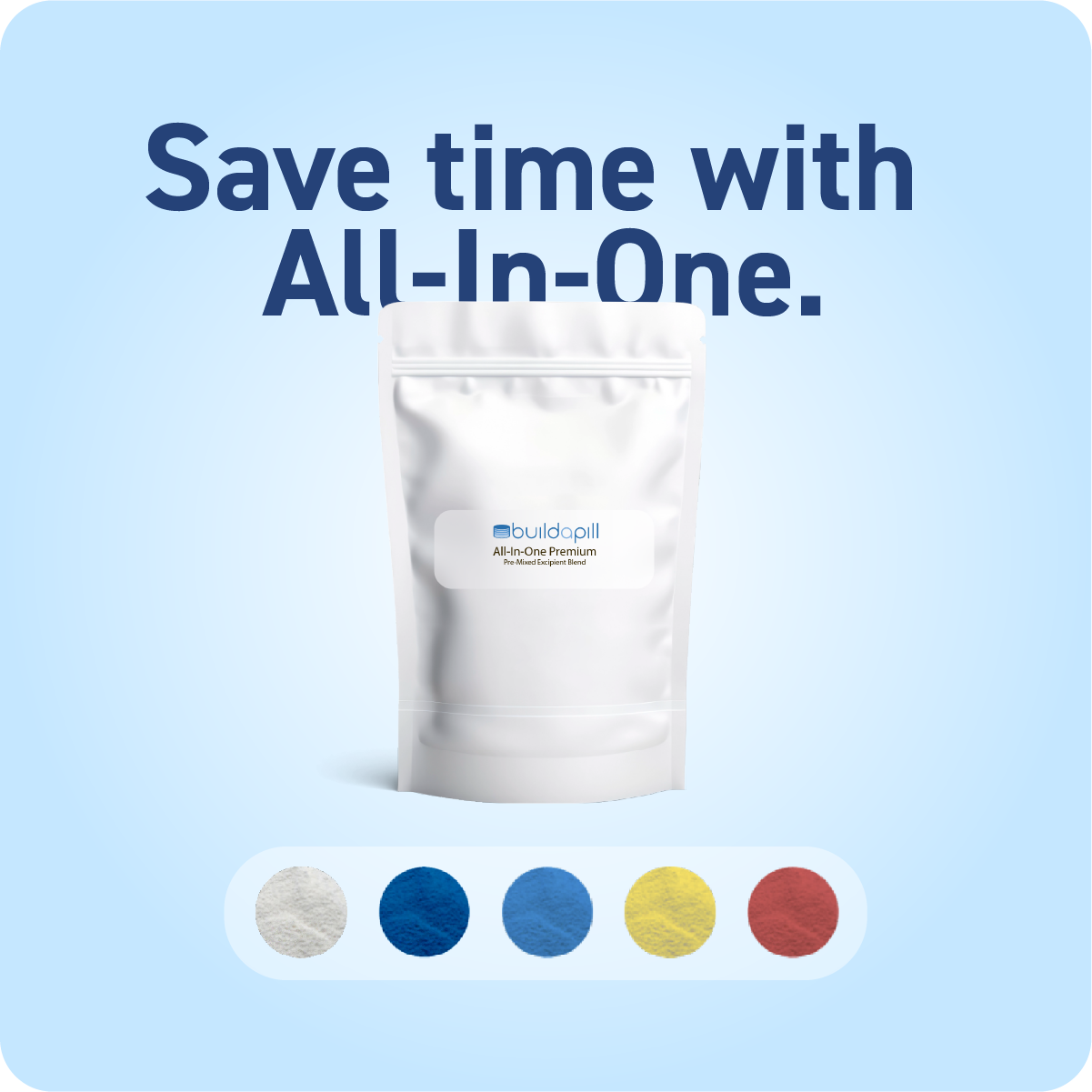
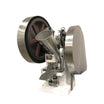
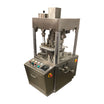
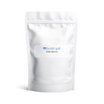
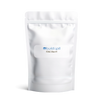
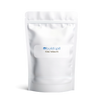
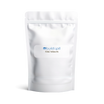
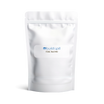
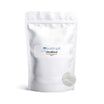
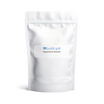
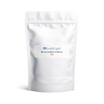
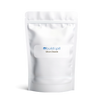
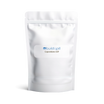
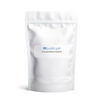
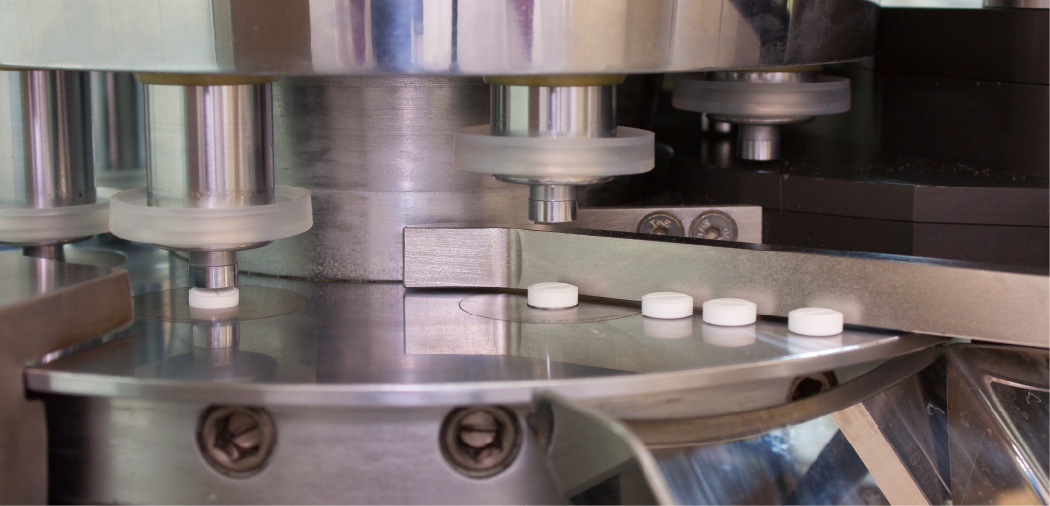


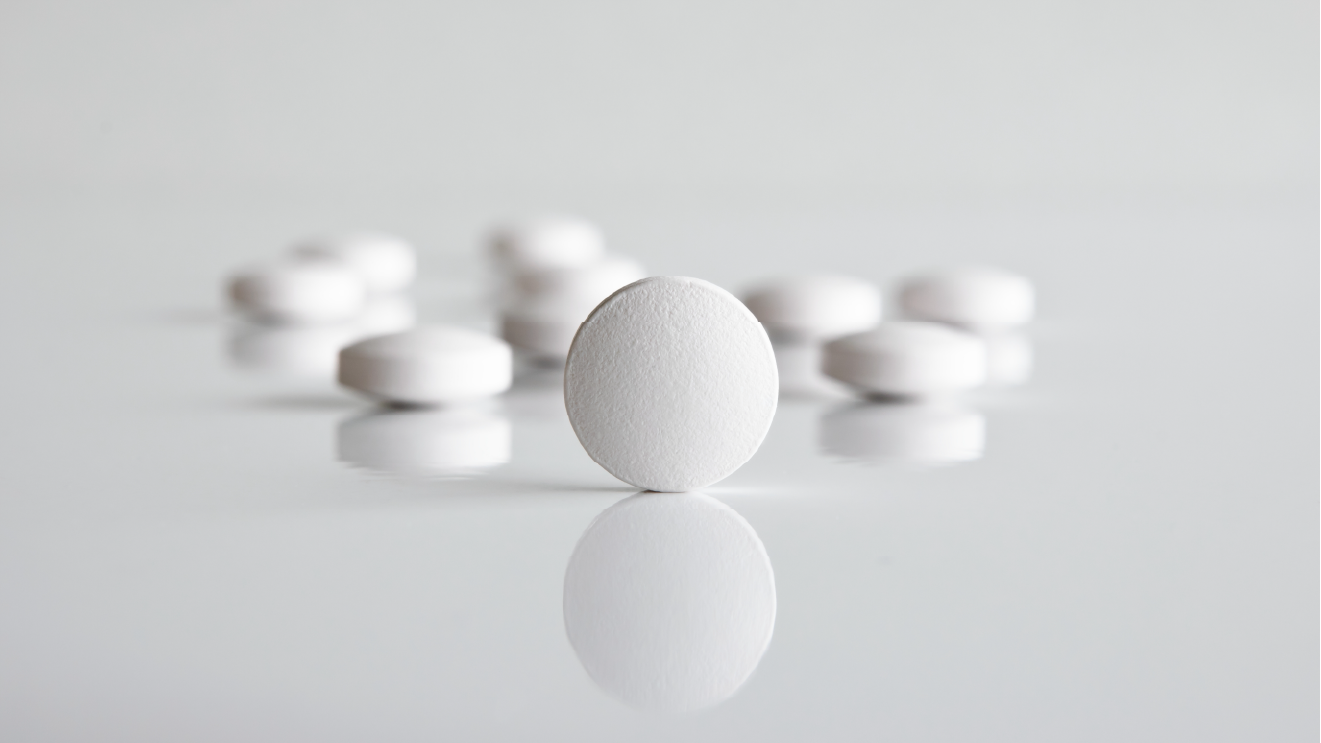



Leave a comment
This site is protected by hCaptcha and the hCaptcha Privacy Policy and Terms of Service apply.